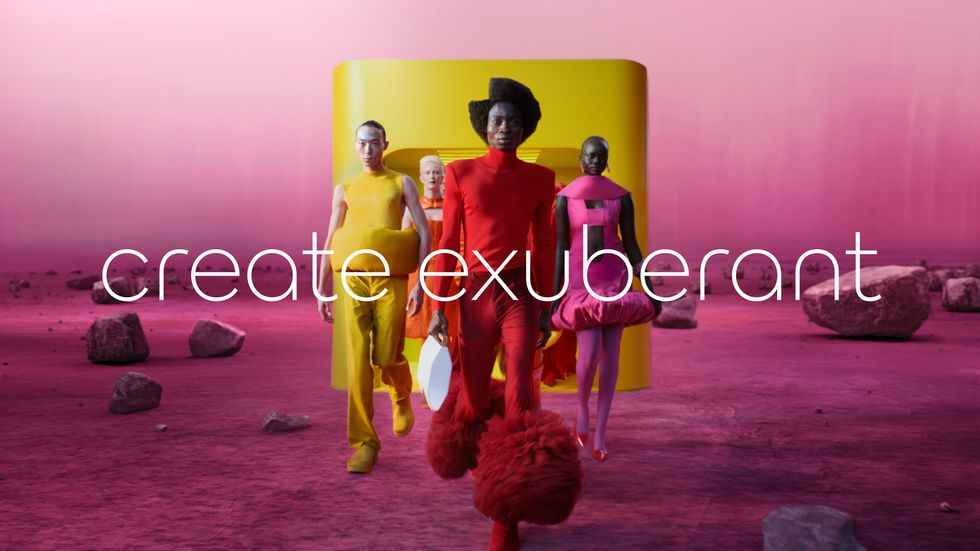Once upon a time, a Jaguar parked on the drive was a symbol of British success. It wasn’t just a car; it was a statement.
For a while, I had the pleasure of driving one myself – a machine that growled with confidence, much like its drivers. But today, Jaguar’s roar has been replaced with the timid hum of corporate virtue-signalling.
Yes, Jaguar has gone woke. Like Bud Light’s ill-fated leap into identity politics, the brand has ditched its core customers to chase fleeting applause from the Twitter mob.
The lesson? Go woke, go broke.
Remember Bud Light? A beer for middle America, it thought slapping an activist influencer on its cans would win over a new audience.
Instead, it alienated loyal drinkers, tanked sales, and became a laughing stock. Jaguar seems determined to follow suit.
Rather than embracing its legacy as a luxury British icon – evoking Inspector Morse solving crimes in his classic MkII or Jeremy Clarkson roaring across country lanes – they’re rebranding as eco-friendly and painfully self-conscious.
Instead of celebrating its heritage, Jaguar is chasing trends. It’s gone electric and adopted marketing campaigns that scream corporate box-ticking.
Who’s buying into this? Certainly not the petrolheads who cherished Jaguar’s V8 growl, nor the middle-class professionals who saw the car as a reward for hard work.
This isn’t just a marketing misstep, it’s symptomatic of a wider problem – woke capitalism. The idea that companies can boost sales by pandering to fashionable causes rather than focusing on quality and value.
But here’s the problem – customers don’t want their cars (or their beers) lecturing them. If we wanted sermons, we’d go to church.
 Jaguar has hit back at critics, claiming that the rebrand is ‘built around Exuberant Modernism’JAGUAR
Jaguar has hit back at critics, claiming that the rebrand is ‘built around Exuberant Modernism’JAGUARJaguar’s attempt to guilt-trip buyers into ‘sustainable’ cars is just the latest in a series of bad ideas.
People don’t want to feel judged for buying a luxury vehicle, they want to feel proud. Instead, Jaguar is alienating its loyal customers and appealing to an audience that won’t buy their cars anyway.
What would Inspector Morse say about this mess? Probably something unprintable. And Jeremy Clarkson? He’d rant – rightly – about the emasculation of a brand once celebrated for its power and elegance.
Jaguar’s decline is more than bad business; it’s a cultural tragedy.
The British car industry, once envied worldwide, is now a shadow of its former self. Jaguar, now owned by an Indian company, chases trends instead of setting them.
Meanwhile, our roads are filled with soulless electric SUVs that could just as easily come from Beijing as Birmingham.
LATEST MEMBERSHIP OPINION:
Here’s the lesson for Jaguar and other corporations: stop trying to impress the Twitterati and start pleasing your customers.
Build cars that inspire pride, not guilt. Celebrate your heritage, don’t apologise for it. If you don’t, you won’t just alienate your audience – you’ll end up as another case study in the perils of woke capitalism.
For me, the Jaguar I used to drive represents a bygone era, a time when brands knew their customers and stayed true to their roots. If Jaguar continues on its current course, it’ll be a cautionary tale for businesses everywhere.
Buckle up. The road ahead for woke capitalism looks like a very bumpy ride.